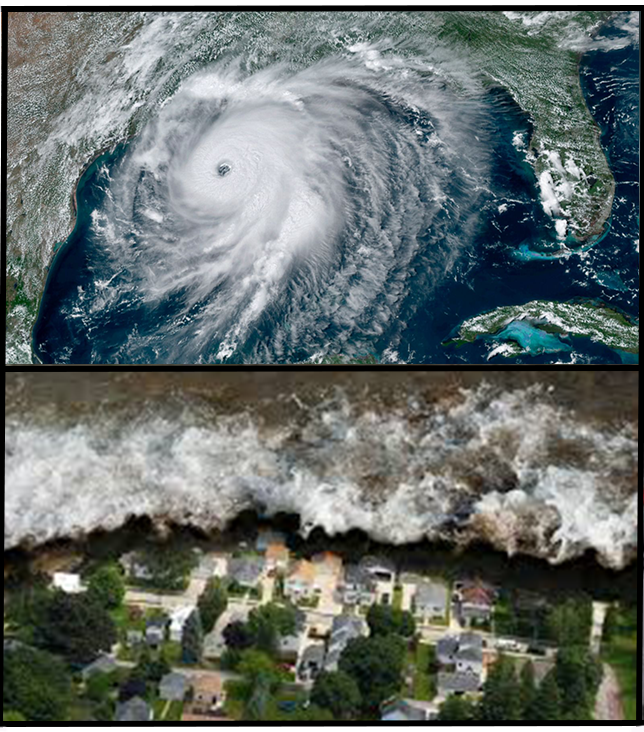
The SimCenter is inspired to share the National Science Foundations (NSF) recent Dear Colleague Letter that encourages the science and engineering communities to develop forward-thinking research that will demonstrably aid in the Nation's goal of reaching net-zero greenhouse gas (GHG) emissions and developing approaches for adapting to the change that is already occurring.
The SimCenter provides state-of-the-art open-source scientific workflow systems for the computational modeling and simulation of the effects of natural hazards on the built environment. To solve large-scale problems, Uncertainty Quantification and High Performance Computing are inherent in our workflows. These workflows are extensible and intentionally designed to incorporate new, user-defined modules such as climate models and simulation of hazards exacerbated by a changing climate. The SimCenter also provides user support and educational workshops to train researchers on using and extending our scientific workflows.
The SimCenter has published testbeds that demonstrate the scientific workflow capabilities for earthquakes and hurricanes, and are envisioned as catalysts for research responding to the Dear Colleague Letter. These testbeds feature tools for generating inventories of buildings and enhancing inventory datasets with Machine Learning to better quantify existing vulnerabilities. The Performance-Based Engineering approach implemented by the SimCenter naturally lends to investigations connecting a climate-hazard scenario to socio-economic impacts to address the five topics proposed in the Dear Colleague Letter:
The SimCenter is poised to collaborate with researchers intending to fulfill this NSF-mandated mission through modeling, computation, and simulation. Facilities at our NHERI partners offer complementary experimental capabilities, HPC resources, and social science expertise for developing strategies that adapt to the threats climate change poses.
Contact Associate Director for Research Outreach, Adam Zsarnóczay, at adamzs@stanford.edu to discuss how SimCenter capabilities can facilitate your research on this pressing topic.